The pandemic has made everything worse for us. Birthdays, weddings, workout, everything. Considering its larger implications the pandemic will not only change our future economically and socially but will also adversely affect the way we deal with the natural disasters.
As we all know that the Covid-19 has made the healthcare system overwhelmed which doesn’t allow even the hospitals to function the way they used to.
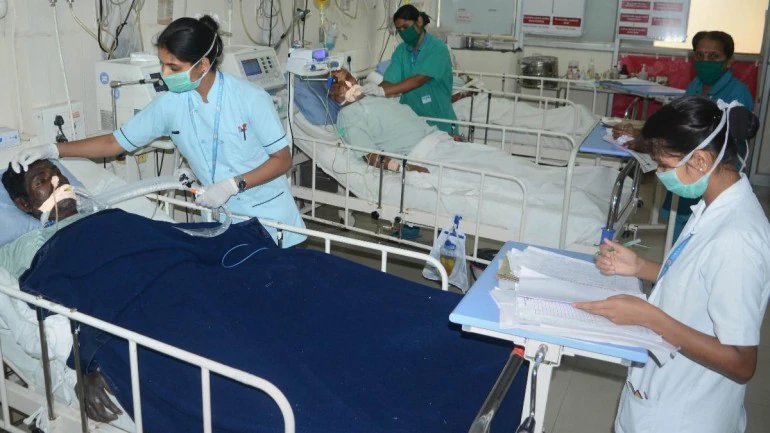
With patients having cancer and diabetes struggling to get access to the necessary treatments like chemotherapy and dialysis, dealing with patients affected by the natural disasters will be a tedious task.
And considering summers approaching India the situation might arise soon with severe heat waves in the coming months.

It is believed that the extreme weather has increased and the Novel Coronavirus cannot make it go away. On the contrary, the pandemic makes it worse to evacuate people and keep them safe from tropical cyclones.
According to the World Meteorological Organisation (WMO), it is really important that the governments do more to strengthen the warning systems to cope with multiple hazards.
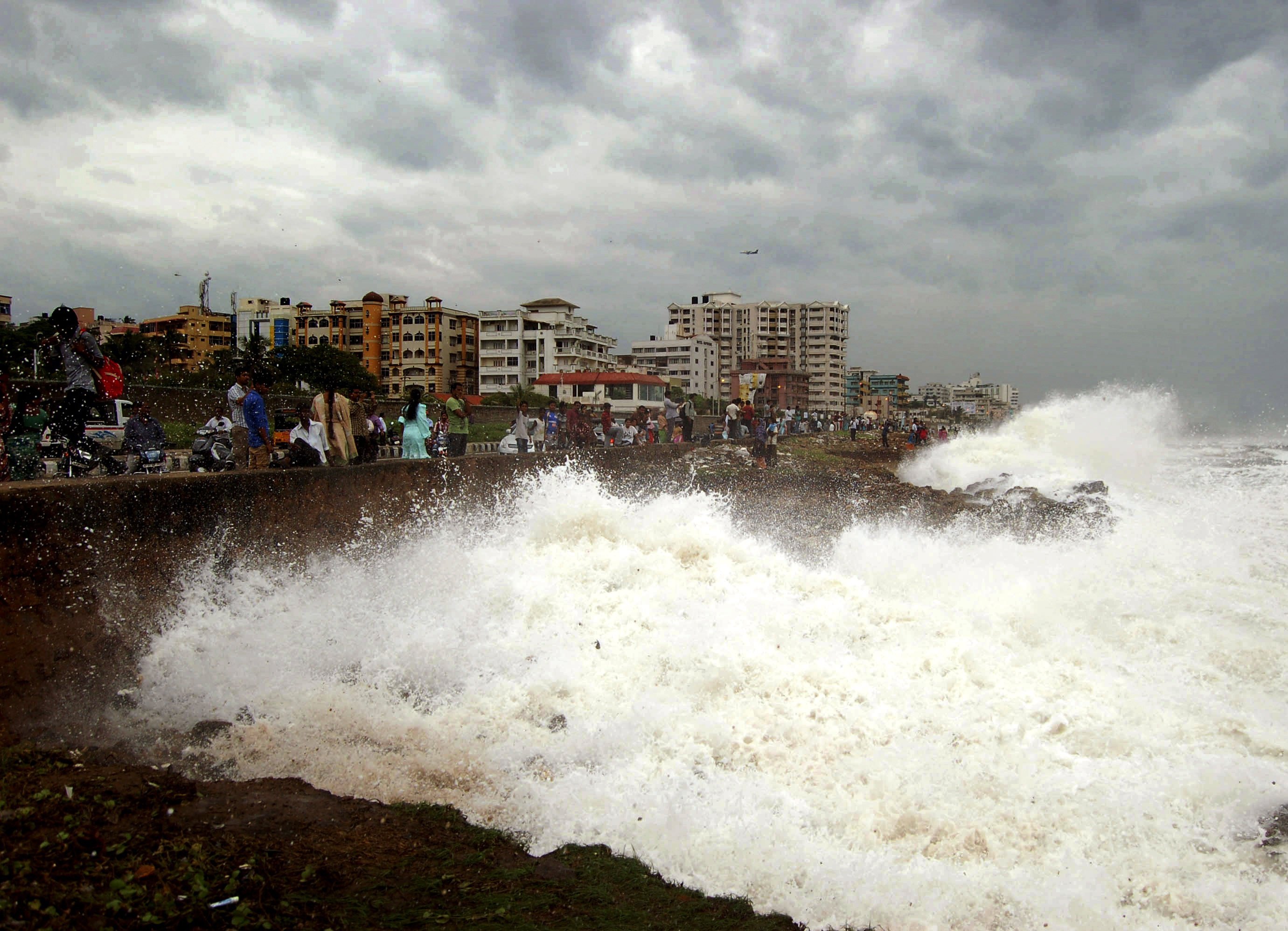
The April-May-June season is likely to be warmer than normal in most parts of the country and the frequency of heatwaves is also likely to be slightly above normal during the season.
This above-normal heatwave could mean extremely difficult conditions for people living in small houses in the Covid-19 containment zones.
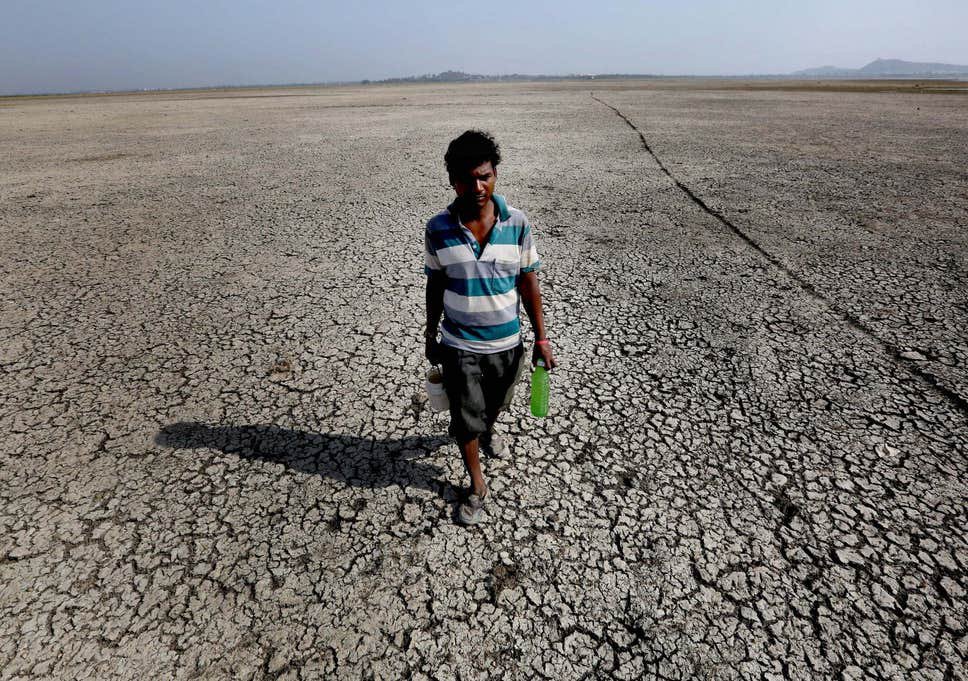
Gandhinagar’s Indian Institute of Public Health director Dilip Mavlankar said:
We have to monitor those in slums in very small units especially if their movement is restricted. Additional water should be diverted by municipalities to these areas to deal with the heat and for handwashing. In the West, water is rationed from swimming pools or gardens to deal with heat episodes.
The WMO said Covid-19 may result in a temporary reduction in carbon dioxide (CO2) emissions with the suspension of vehicular and air traffic, but a new global mean temperature record is likely to occur in the next five years.

It has also been observed that the CO2 concentrations in the atmosphere have risen in March compared to last year. The monthly average of atmospheric CO2 concentrations at Mauna Loa observatory in Hawaii last month was 414.50 parts per million, compared to 411.97 ppm in March 2019.
Considering history, the global average temperature has increased by 1.1 degree C compared to the pre-industrial levels, and by 0.2 degree Celsius as compared to the 2011-2015 period.
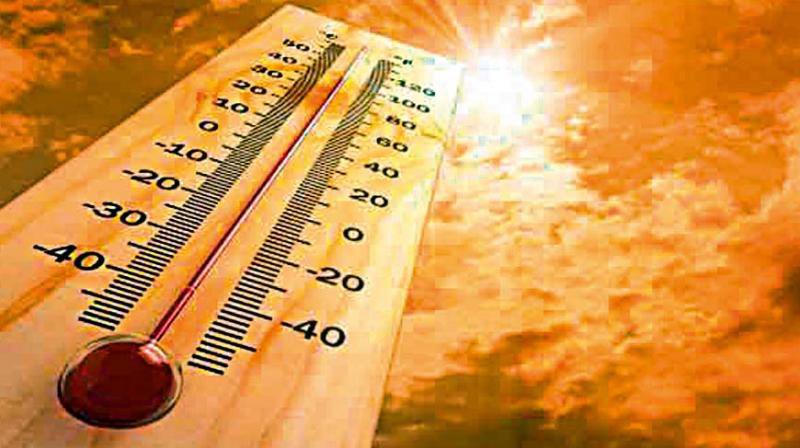
Since the 1980s, each decade has been warmer than the previous one. But the situation seems to be different with NASA’s earth observatory showing a massive drop in the pollution levels over India since the lockdown to check the spread of Covid-19 was imposed on March 25.
The agency’s satellite sensors have also observed that aerosol levels have been at a 20-year low for April in North India.
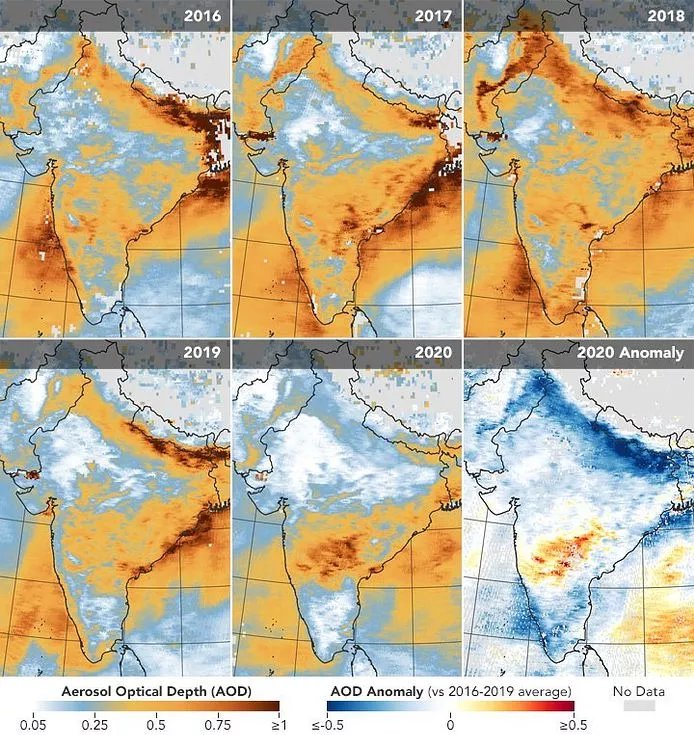
It is believed that heavy rain in North India might have helped clear aerosols because aerosol levels in the south part of the country hasn’t really seen any decrease making it a concern for the disaster management officials.

















